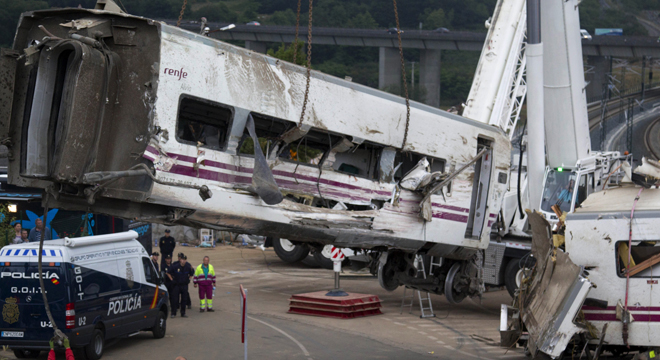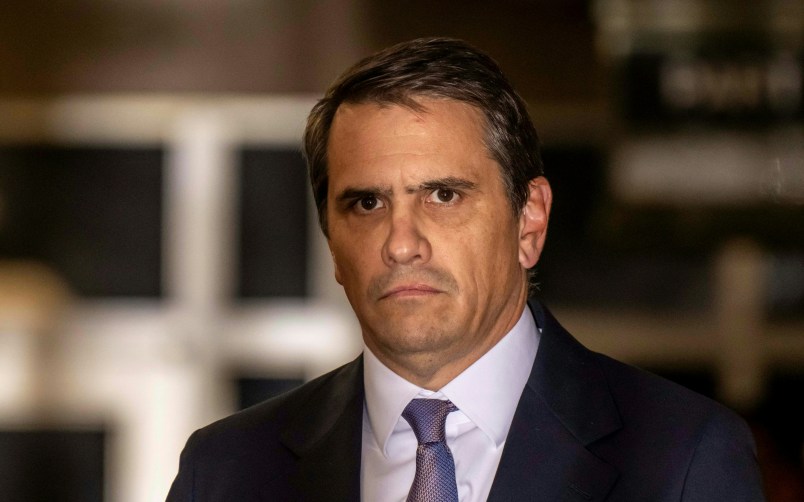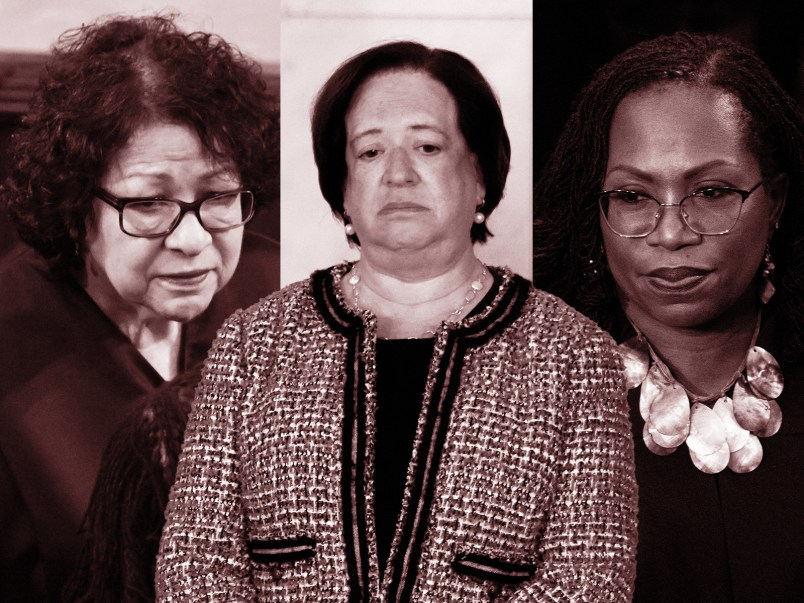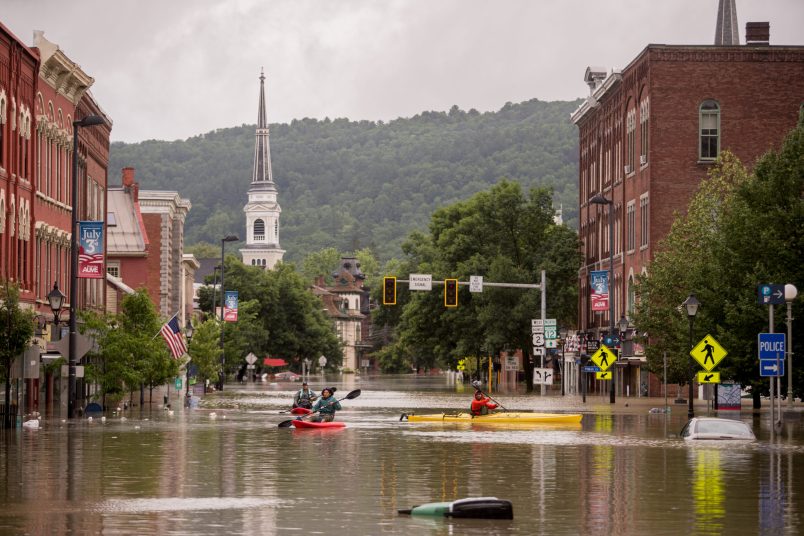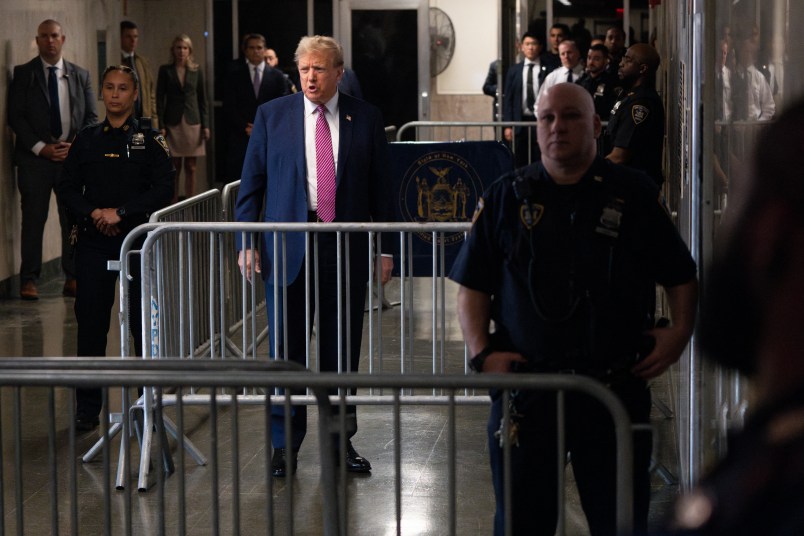YONKERS, N.Y. (AP) — The engineer in a commuter-train derailment that killed four people over the weekend caught himself nodding at the controls just before the wreck, a union official said Tuesday.
William Rockefeller “caught himself, but he caught himself too late,” said Anthony Bottalico, leader of the rail employees union, relating what he said Rockfeller told him.
During a late-afternoon news conference, federal investigators said they were still talking to Rockefeller, and they would not comment on his level of alertness around the time of the Sunday morning wreck in the Bronx.
Rockefeller’s lawyer did not immediately return calls.
Questions about Rockefeller’s role mounted rapidly after investigators disclosed on Monday that the Metro-North Railroad train jumped the tracks after going into a curve at 82 mph, or nearly three times the speed limit. In addition to the four people killed, dozens were injured.
National Transportation Safety Board member Earl Weener said Tuesday that it was too soon to say whether the accident was the result of human error or a mechanical problem.
But he said investigators have found no evidence so far of any problems with the brakes or signals.
Alcohol tests on the train’s crew members were negative, and investigators were still awaiting the results of drug tests, the NTSB official said.
On the day of the crash, Rockefeller was on the second day of five-day work week, reporting for duty at 5:04 a.m. after a typical, nine-hour shift the day before, according to Weener.
“There’s every indication that he would have had time to get full restorative sleep,” Weener said.
But Botallico said Rockefeller had switched just weeks earlier from the night shift to the day shift, “so he did have a change in his hours and his circadian rhythms with regard to sleep.”
The New York Police Department is conducting its own investigation, with help from the Bronx district attorney’s office, in the event the derailment becomes a criminal case.
Rockefeller himself, meanwhile, stayed out of sight. But his union and former co-workers spoke up in his defense.
“This is a man who is totally distraught by the loss of life, and he’s having a tough time dealing with that,” Bottalico said.
He added: “Once the NTSB is done with their investigation and Billy is finished with his interview, it will be quite evident that there was no criminal intent with the operation of his train.”
With the NTSB yet to establish the cause of the crash, Gov. Andrew Cuomo said Tuesday the engineer could be faulted for the train’s speed alone.
“Certainly, we want to make sure that that operator is disciplined in an appropriate way. There’s such a gross deviation from the norm,” he said.
Rockefeller, 46 and married with no children, has worked for the railroad for 15 years and has been an engineer for 10, according to Weener. Rockefeller lives in a well-kept house on a modest rural road in Germantown, N.Y., about 40 miles south of Albany.
He started as a custodian at Grand Central Terminal, then monitored the building’s fire alarms and other systems, and ultimately became an engineer.
“He was a stellar employee. Unbelievable,” said his former supervisor, Michael McLendon, who retired from the railroad about a year ago.
McLendon said he was stunned when he heard about the crash, shortly after opening his mail to find a Christmas card from Rockefeller and his wife.
“I said, ‘Well, I can’t imagine Billy making a mistake,'” McLendon said. “Not intentionally, by any stretch of the imagination.”
Rockefeller’s work routine had recently changed. He had begun running that route on Nov. 17, two weeks before the wreck, said Marjorie Anders, a spokeswoman for Metro-North’s parent, the Metropolitan Transportation Authority.
Bottalico said Rockefeller had changed work schedules — switching from afternoons to the day shift, which typically begins at 5 a.m. — but was familiar with the route and qualified to run it.
In case of an engineer becoming incapacitated, the train’s front car was equipped with a “dead man’s pedal” that must be depressed or else the train will automatically slow down, Anders said.
Bruno Lizzul, an MTA machinist who met Rockefeller when they both worked at Grand Central around 2000, described the engineer as honest, hard-working and helpful — so much so that he took it upon himself to show up and help Lizzul renovate his home ahead of a baby’s arrival.
“He went the extra yard. He just decided to extend himself to me,” Lizzul said.
Lizzul said Rockefeller was very serious about his work: “He would not do anything to upset anybody or in any way cause harm.”
___
Hill reported from Wappingers Falls, N.Y. Associated Press writers Frank Eltman in Mineola, N.Y., Jim Fitzgerald in Yonkers, N.Y., Michael Gormley in Albany, N.Y., Jennifer Peltz in New York City, and researcher Rhonda Shafner contributed to this report.
Copyright 2013 The Associated Press. All rights reserved. This material may not be published, broadcast, rewritten or redistributed.





